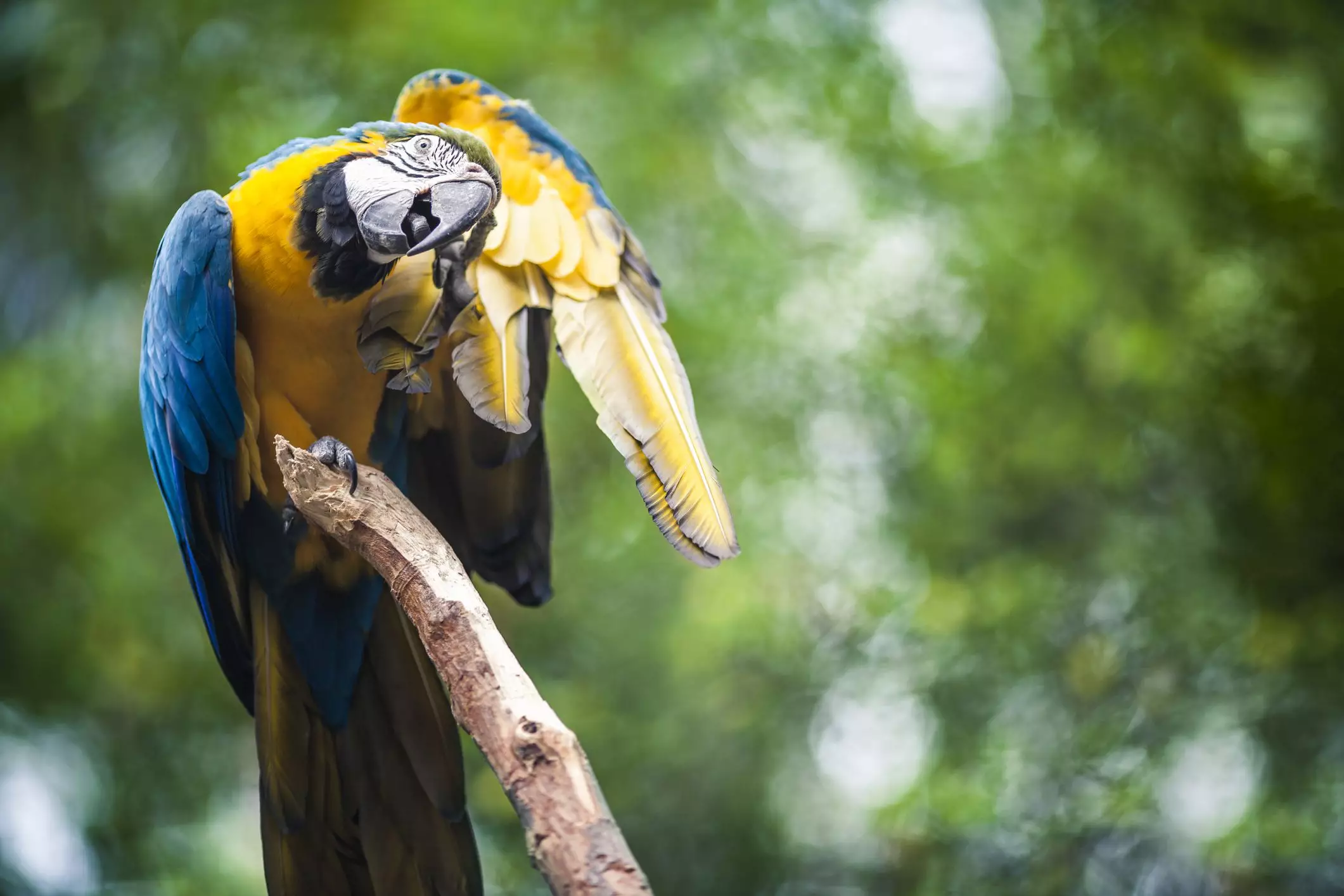As the popularity of pet birds soars, particularly in households that include parrots, the potential struggle with pests such as lice becomes increasingly relevant. While most bird owners may quickly jump to conclusions upon seeing small insects or experiencing unusual behavior in their feathered friends, it’s crucial to understand the complexities surrounding avian parasites. This article delves into the nuances of lice infestations in parrots, the importance of proper identification, and best practices for effective management.
The sight of tiny bugs flitting about your bird’s plumage can provoke immediate concern; however, it’s essential not to generalize that your parrot is suffering from lice simply because insects are present. In fact, birds can play host to a variety of external parasites, including mites. Lice typically manifest as small, brownish insects that make their homes within the feathers of avians. Recognizing these pests can be difficult, as many times owners may only notice excessive scratching or discomfort exhibited by the bird rather than seeing the lice itself.
To accurately diagnose and approach treatment, scheduling a timely consultation with an avian veterinarian should be a priority when any signs of discomfort appear. Early intervention is particularly critical in homes that contain multiple birds, as the potential for transmission across the flock increases dramatically if an infestation goes unchecked.
Excessive itching, fluffed feathers, and general lethargy can all indicate an underlying problem, including a potential lice infestation. Owners should be vigilantly observant of any abnormal behavior. Upon noticing signs of distress in a parrot, it is prudent to take immediate action. Infected birds should be quarantined to separate them from healthier flock members to prevent a widespread outbreak. This quarantine process allows the owner to control the environment while seeking veterinary assistance.
An examination of all birds in the household is advisable, even if other pets appear to be unaffected. This comprehensive checkup can help determine whether parasites are present throughout the collective, ensuring appropriate treatment measures are in place.
A common concern among bird owners is whether lice can transmit to humans. Fortunately, bird lice have a specific affinity for avian hosts and do not infest humans. However, this does not negate the potential health risks posed by lice to birds and, indirectly, their human caretakers. Certain diseases can spread through lice, so it’s wise to maintain a cautious distance from infested birds until professional help has been sought.
Keeping your home environment clean, hygienic, and free from parasites is important not only for the health of the birds but also for the well-being of human family members. Limiting physical contact with infected pets until a veterinarian has intervened can help mitigate any transmission risks.
Once a lice infestation has been confirmed, the responsibility of the owner does not end with the veterinarian’s treatment recommendations. The home environment plays a significant role in either eliminating or exacerbating the infestation. A thorough cleaning of the bird’s cage, including scrubbing every nook and cranny, is crucial to eradicate any remnants of lice. All surfaces should be disinfected to ensure that the parasites do not return.
In some cases, the use of professional pest control services may be necessary to effectively address a broader infestation in the home. It is critical, however, to secure the safety of the birds during this treatment, as fumes and chemicals can be hazardous to their health. Such precautions are paramount to avoiding the distress that would accompany recurrent infestations.
Engaging in pest eradication can incur significant costs, including veterinary fees and professional cleaning services. Nevertheless, cost should never compel bird owners to resort to DIY methods or untested home remedies. Many household pest control products can be detrimental to the health of your bird. It is always wiser to consult with experts tailored to avian care rather than risking the wellbeing of your pet with unsuitable treatments.
Recognizing and managing bird lice requires a proactive, informed approach and collaboration with veterinary professionals. Maintaining vigilance, case-specific cleaning practices, and committed husbandry can go a long way toward ensuring your parrot remains healthy and happy in your care.

